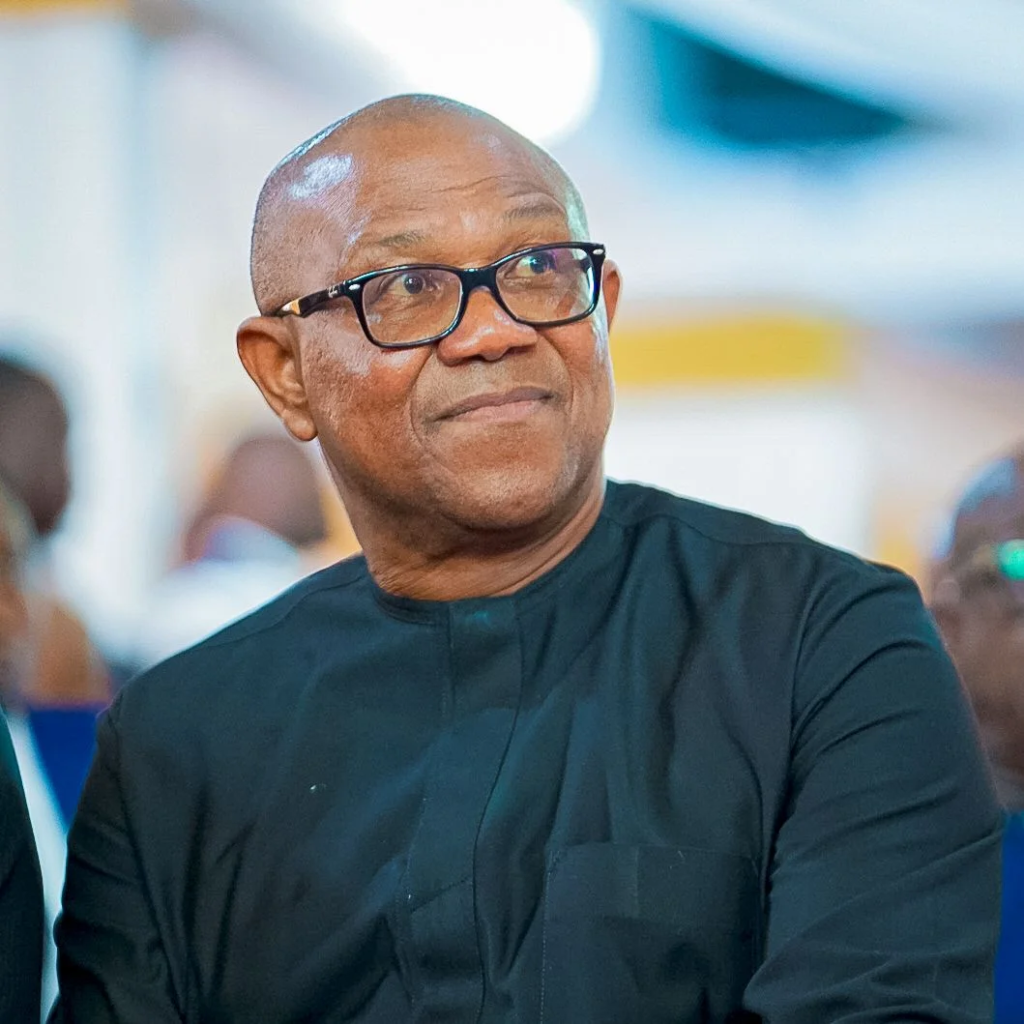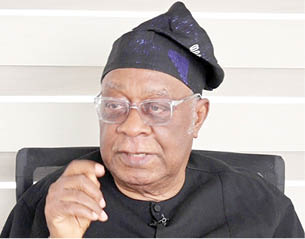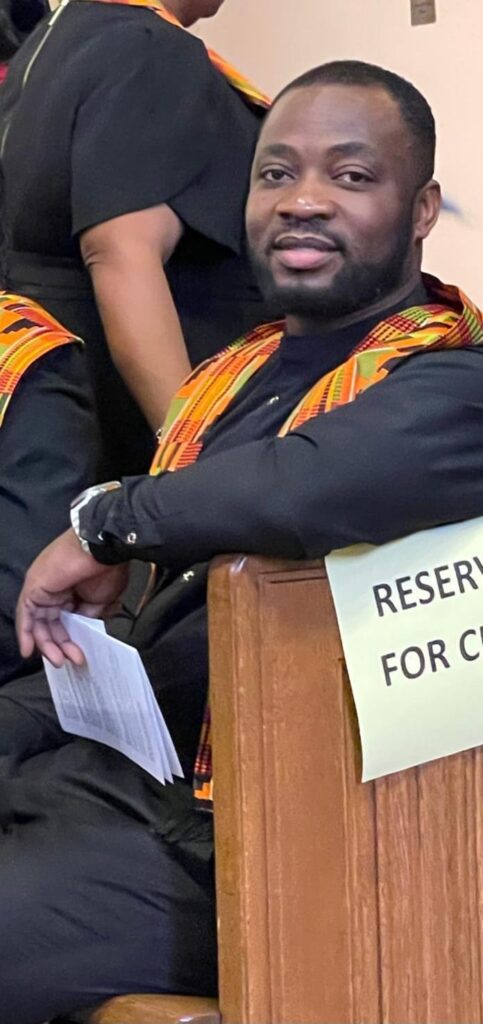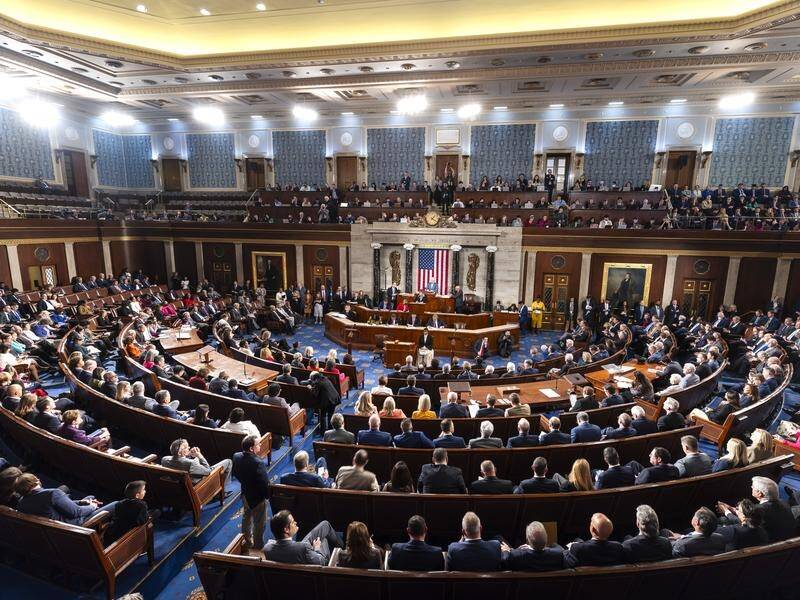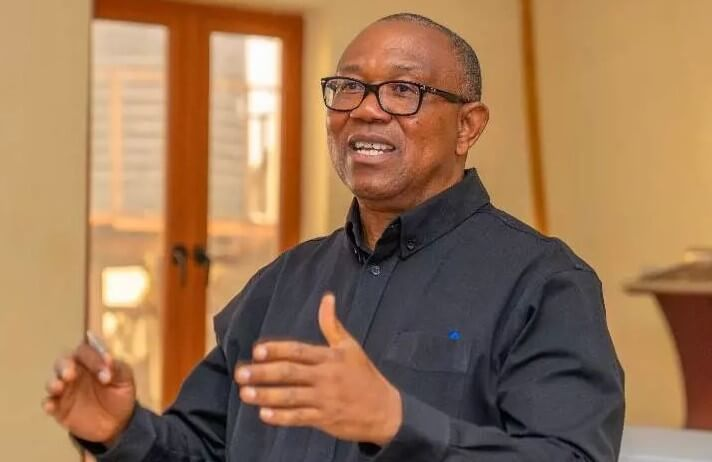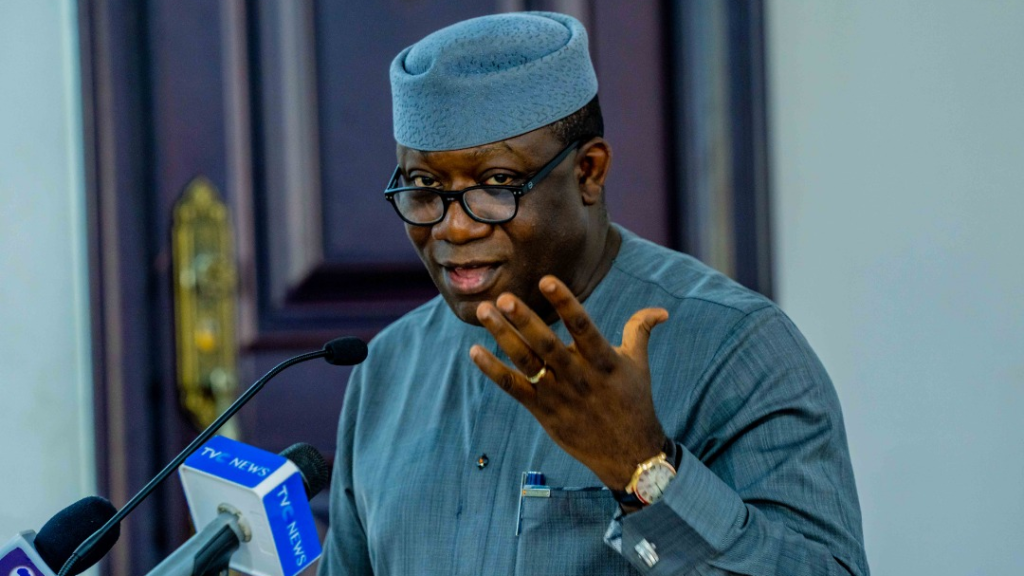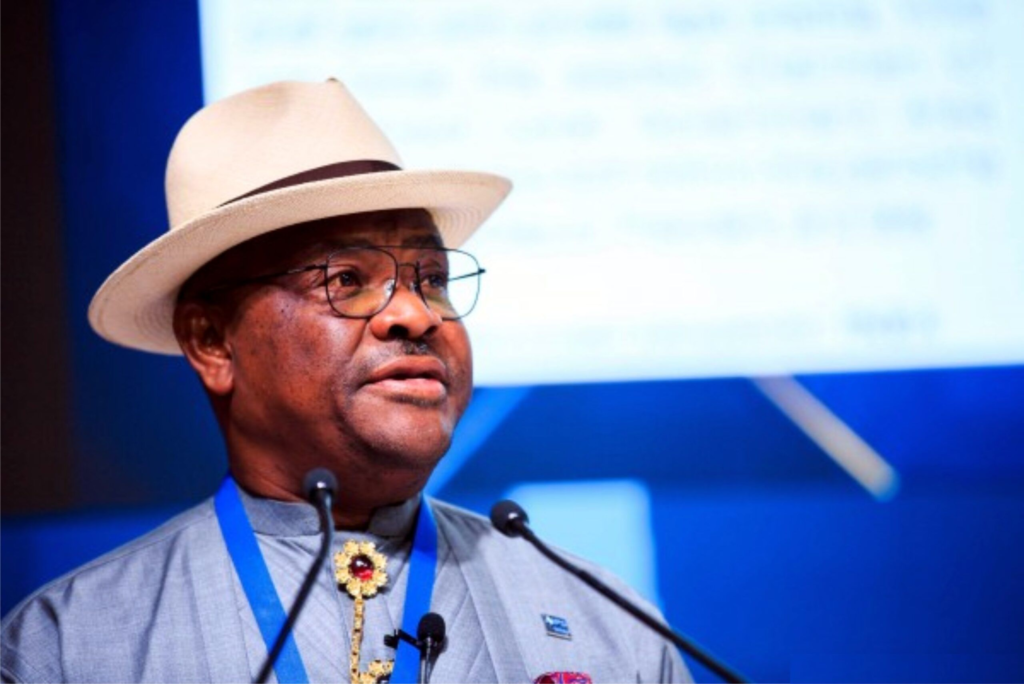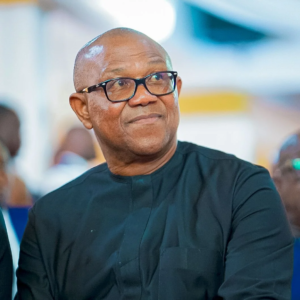Turkey’s main opposition party has celebrated significant victories in the key cities of Istanbul and Ankara, dealing a notable setback to President Recep Tayyip Erdogan’s aspirations.
These results mark a significant blow to Erdogan’s ambitions to reclaim control of these cities less than a year after securing his third term as president.
In Istanbul, where Erdogan himself once served as mayor and where he personally led the campaign, Ekrem Imamoglu of the secular opposition CHP clinched victory. This triumph marks Imamoglu’s second win since 2019.
Despite Erdogan’s promises of a new era for Turkey’s largest city, Imamoglu managed to secure over 50% of the vote, defeating the AK Party candidate endorsed by the president by more than 11 points and nearly one million votes.
This election marked a historic moment as it was the first time in the 21-year tenure of President Erdogan that his party faced nationwide defeat at the polls.
In the capital city of Ankara, opposition mayor Mansur Yavas enjoyed a commanding lead with 60% of the vote, prompting him to declare victory even before all the votes were counted. Supporters celebrated by blocking major roads in the city, waving flags, and honking car horns in jubilation.
Notably, the CHP also secured victories in Turkey’s fourth-largest city, Bursa, and Balikesir in the northwest, while maintaining control over Izmir, Adana, and the resort city of Antalya.
Acknowledging the election results, President Erdogan, 70, admitted that they did not unfold as he had hoped. However, he reassured supporters in Ankara that this setback would not signify the end for his party but rather a pivotal moment in their political journey.
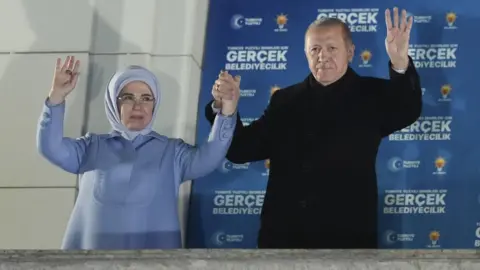
Throughout his tenure, Recep Tayyip Erdogan has consistently emphasized the importance of respecting the will of the people for his authority, and he reiterated this commitment to his supporters following the election results.
Under Erdogan’s leadership, Turkey’s presidency has undergone significant transformations, consolidating vast powers that have supplanted the role of the prime minister. However, in urban centers, directly elected mayors still wield considerable influence.
During the election campaign, Erdogan hinted that this would be his final term, given that his presidential tenure is set to conclude in 2028. However, some critics speculated that a victory in these elections might embolden him to pursue constitutional amendments enabling him to seek re-election. However, following this resounding defeat, such prospects appear increasingly unlikely.
Political analyst Berk Esen characterized the opposition CHP’s performance as delivering the “most significant electoral setback of Erdogan’s career” and achieving its strongest results since 1977.





